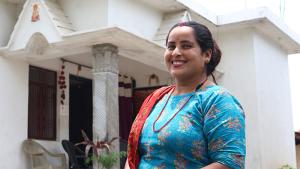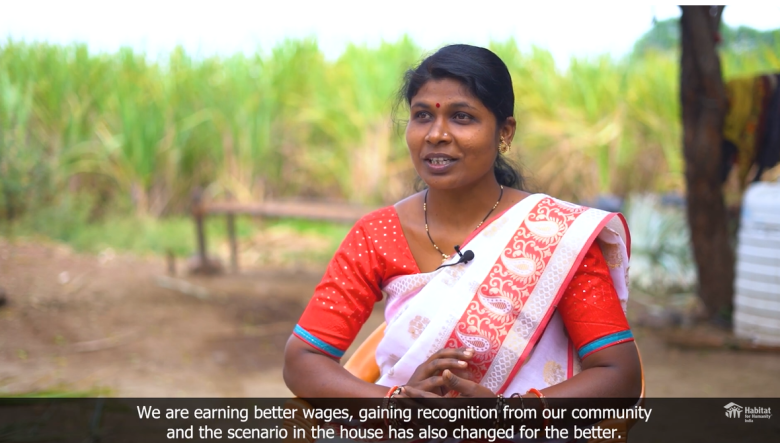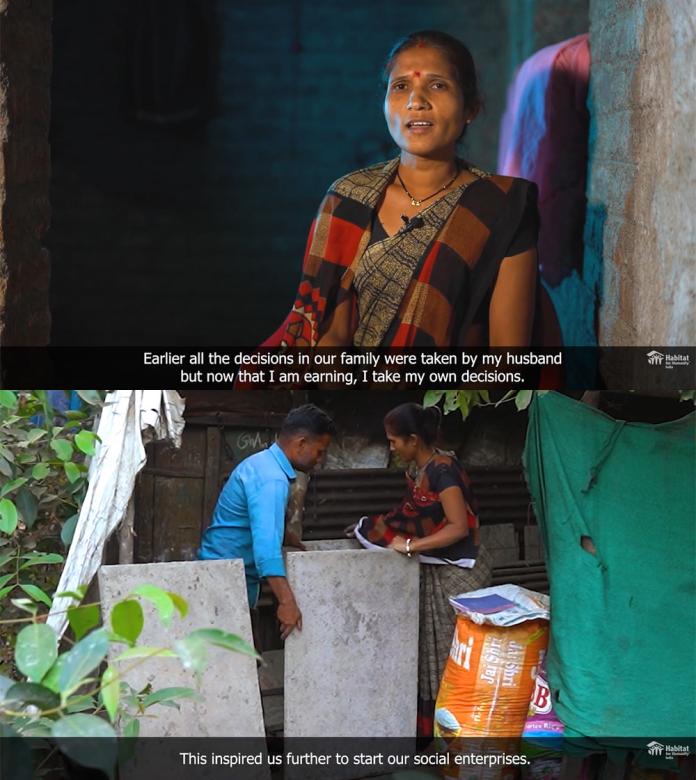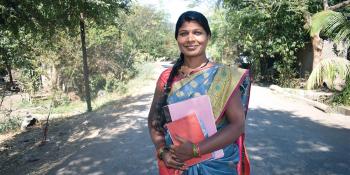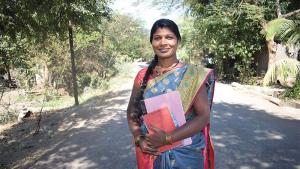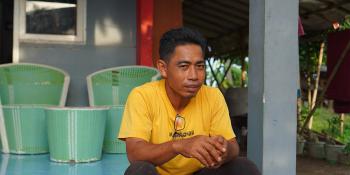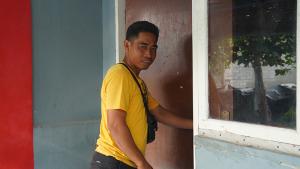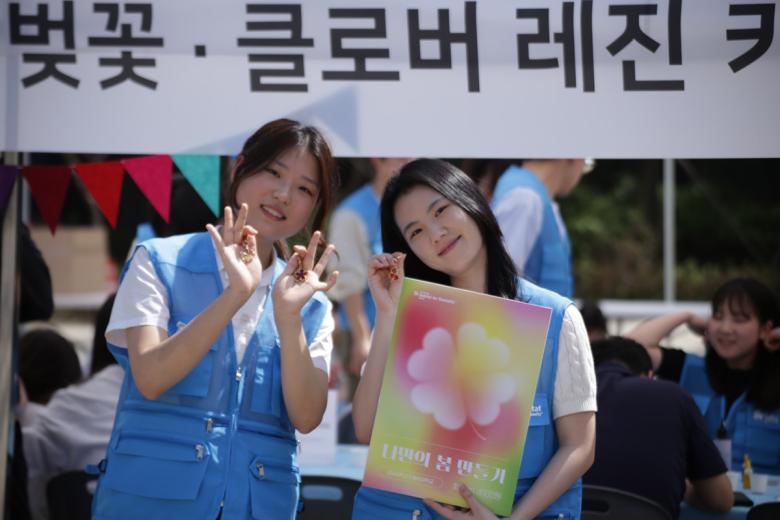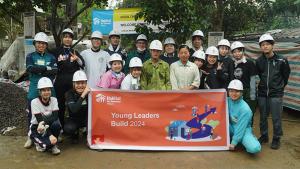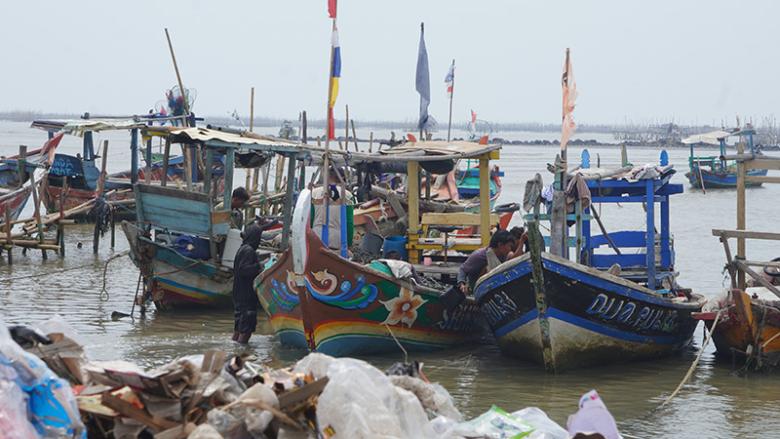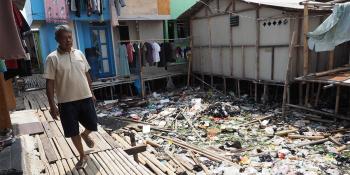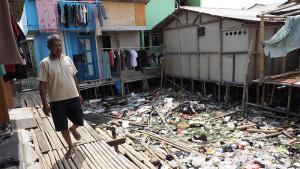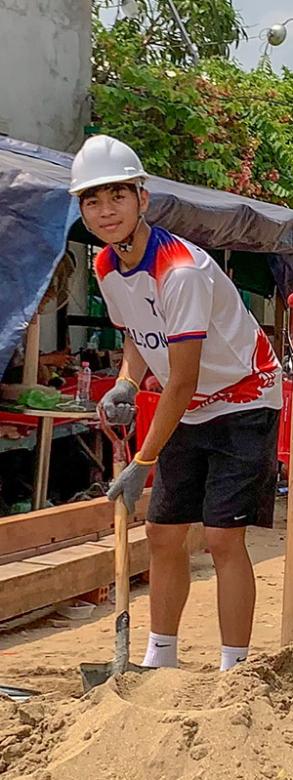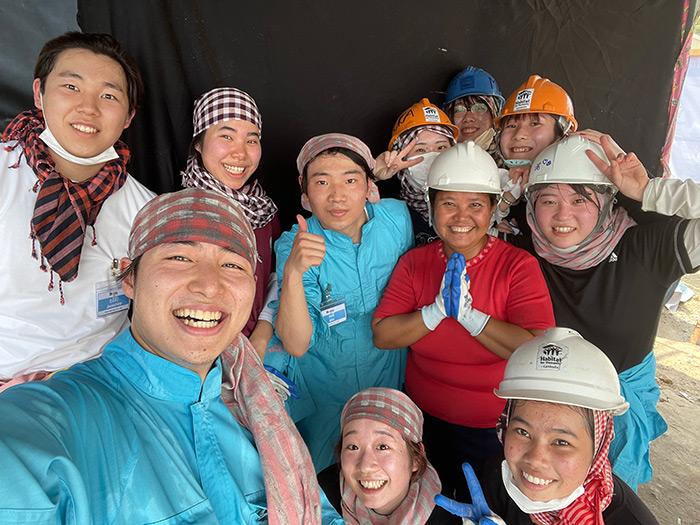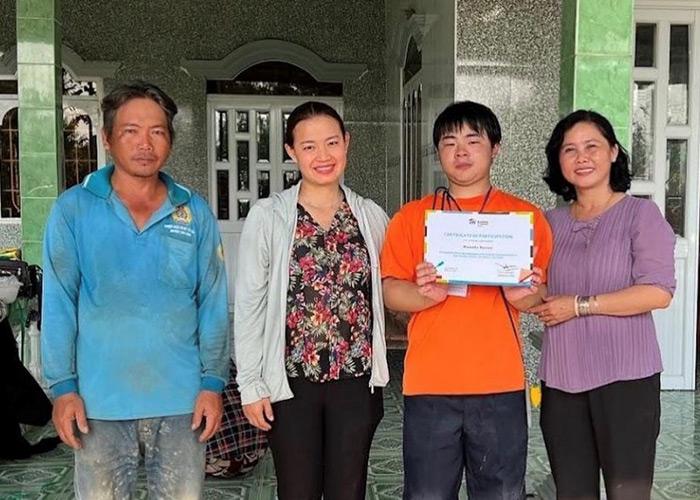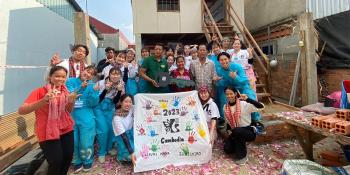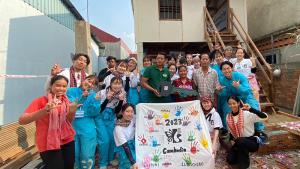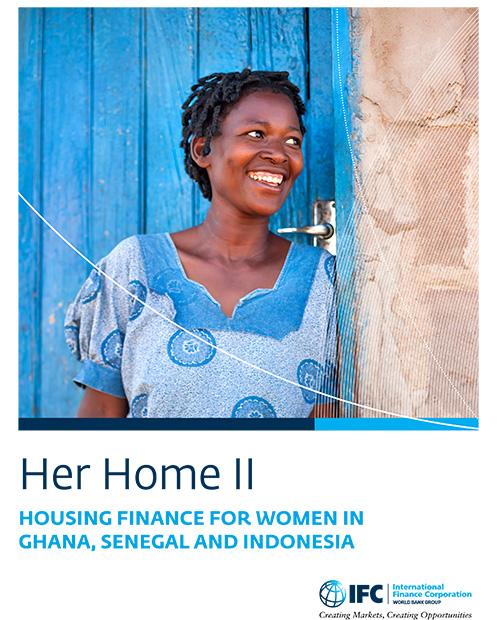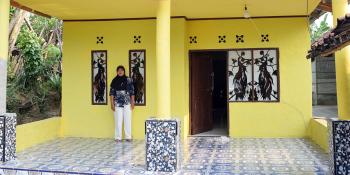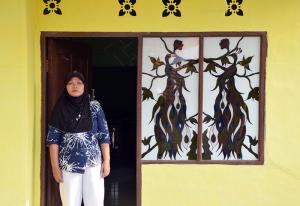Freed to create impact
Laxmi wants to empower other Haliya women to achieve economic independence.
NEPAL (November 2024) — By Laxmi’s estimate, there are 2,600 former Haliyas like her in Kanchanpur district where she lives. The Haliyas are agricultural bonded laborers who are forced by extreme poverty or debt to till the land for landlords and do heavy manual work. They were not paid wages and received small portions of food. Many members of the lowest caste known as Dalits in western and far west Nepal were trapped in such situations.
In September 2008, the government of Nepal declared the liberation of Haliyas. Due to a lack of formal education or technical skills, many Haliyas struggled to enter the labor market. An overwhelming majority, or 97%, of Haliyas do not possess land that they could cultivate for their own benefit. As of 2010, the National Haliya Liberation Federation estimated that there were 150,000 bonded agricultural laborers in Nepal’s far western region. They called for the prompt abolition of the Haliya system and for the freed persons to be given training, financial support, education and rehabilitation as well as land. Micro-credit programs should also be implemented to help Haliyas access economic support.
In the present time, Laxmi, 31, shared that the situation has not greatly improved. “I have received some form of government support though not fully,” she said. Other ex-Haliyas still lack adequate housing, land ownership and educational opportunities for their children.
Building self-reliance
A 2021 media article cited Parbat Sunar, the central general secretary of the Freed Haliya Society. He urged, “Only declaring the Haliyas free is not enough. We could be self-dependent if we were provided with skill training.” Sunar’s sentiment is shared by Laxmi who is concerned about fellow Haliya women’s independence. Volunteering with the executive board of the Haliya Freed Society, she coordinates livelihood skills training with the support of the International Labor Organization. Popular courses include beauty services, tailoring, house painting, masonry and vegetable farming. “Haliya women who were shy to leave their homes are now attending the training,” she said.
According to Laxmi, Dalits and Haliyas are particularly marginalized in a patriarchal society. “Because the women are not educated and lack skills, they depend on their husbands to earn money. I want other women to upgrade and learn skills. If anything happens in the future, women can bring up their children and provide for themselves.”
Her comments reflect the findings of a report. Haliya women face discrimination on various fronts. This includes not receiving the same pay as men for the same work. Only one in two Haliya women can read and write, lower than the nation’s average literacy rate of 67%.
Compared to some of her peers, Laxmi has made progress in life. She lives with her husband Prakash, 32, in a two-room house that was designed by her father-in-law who is a skilled mason. In the past, the couple used to live with Prakash’s parents and his brothers. The house became overcrowded when the brothers got married and started their own families. Laxmi’s mother-in-law has 600 square feet of land in her name which is distributed equally among the three sons.
On her husband’s share of the land, the couple helped to build their own home by carrying bricks, mixing mortar, applying primer to the walls and painting the window grilles. A 3.5-feet plinth helps to prevent rainwater from getting into the house during the monsoon season.
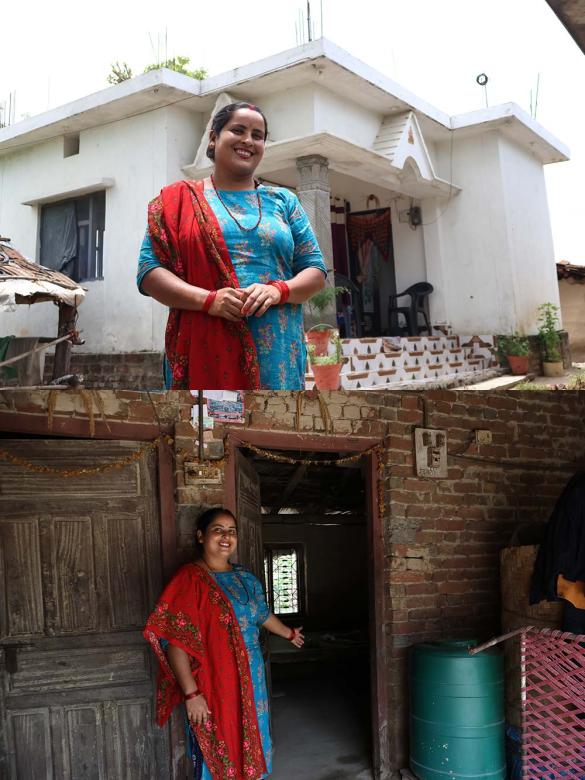
Laxmi’s home (above) is spacious compared to the room in her parents-in-law’s house (below) that she used to live with her husband.
Haliyas who were freed from bonded labor were eligible for government funds to help them build homes and/or purchase land. In Laxmi’s case, she was eligible for middle grade support of about 125,000 Nepalese rupees as her husband’s family owned some land. For home construction, the government funds were disbursed in two tranches. Typically, 60% of the funds was disbursed in the first tranche. The remaining funds would be released when a future homeowner had completed most of the house’s foundation. Laxmi and her husband worked hard to build their a new home but they needed further support. That was when Habitat for Humanity Nepal stepped in to help.
Their house was finally completed in 2021, after Nepal lifted the second lockdown due to the COVID-19 pandemic. Laxmi loves children though she does not have any of her own. Children from her neighbors and her brother-in-laws’ children would often come over and hang out in the spare room of her home.
Looking ahead
“We took one-and-a-half years to complete the house. Still, much work needs to be done,” Laxmi said. “The basic is fulfilled. But we can never complete working on a house. Even for women, we cannot be completely done with make-up and jewelry.” She plans to hire skilled craftsmen to create decorative motifs, put up railing around the house, paint the inside walls and upgrade the kitchen by putting in a window.
She came up with the idea of putting tiles on the floor of the veranda. “This is my own house. I believe my home is a temple — it should be clean, beautiful, tidy and safe.”
Since 1997, Habitat for Humanity Nepal has worked with more than 1 million people to build or improve the place they call home. We collaborate and partner with local and provincial governments on social housing initiatives and advocate for land and housing rights for marginalized communities. To promote sustainable housing at scale, Habitat Nepal influences local governments to adopt housing strategies that incorporate affordable, climate-smart construction technologies. We also respond to major disasters, help communities reduce disaster risks and foster the development of housing market systems.
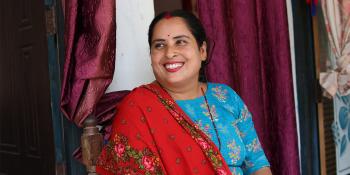
Freed to create impact
Laxmi wants to empower other Haliya women to achieve economic independence.
